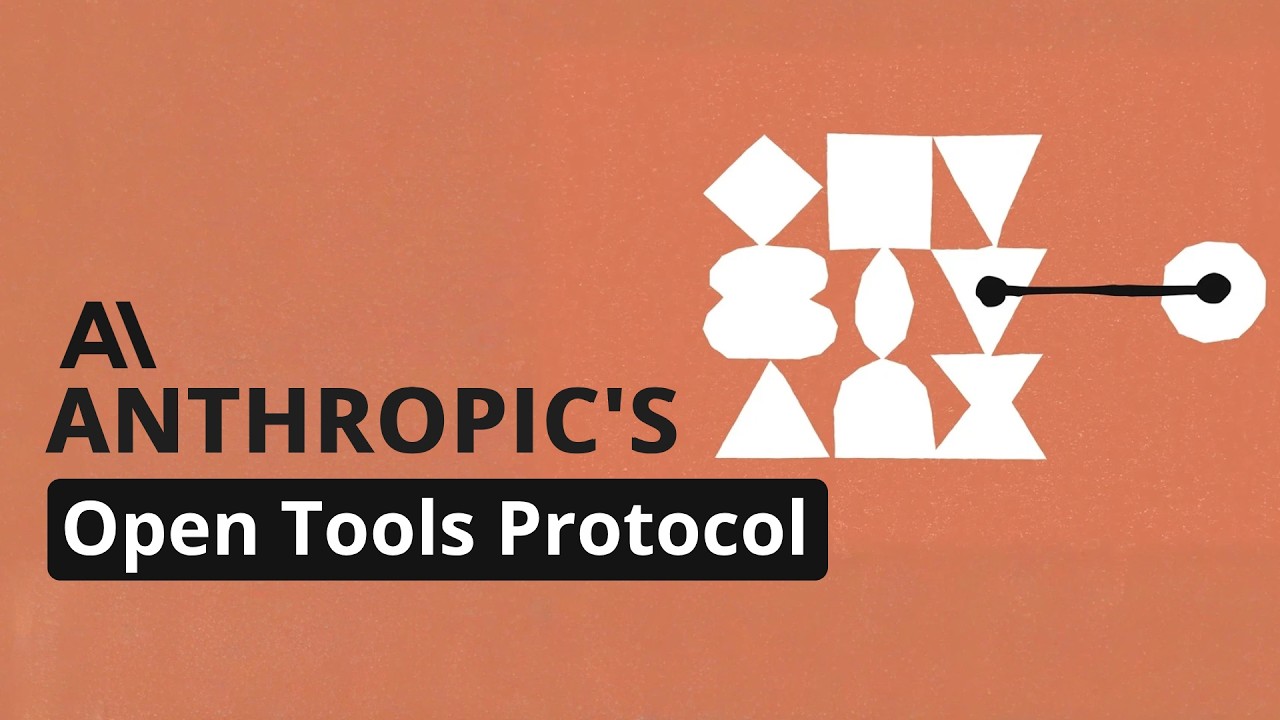The video discusses Anthropic’s new Model Context Protocol (MCP), which enhances large language models by enabling two-way connections with external data sources, allowing for real-time data access and integration of various tools. The speaker demonstrates the protocol’s functionality through the Claude desktop app, showcasing its potential applications and inviting viewers to explore custom server setups for further innovation.
In the video, the speaker discusses the recent announcement by Anthropic regarding their new Model Context Protocol (MCP), which aims to enhance the capabilities of large language models (LLMs) by allowing them to connect with external data sources. As LLMs like GPT-5 and Claude 4 are anticipated, the speaker emphasizes that the true power of these models lies in the context provided to them, particularly in accessing real-time data. While other providers like OpenAI and Google have integrated search functionalities into their models, Anthropic’s MCP stands out as a more open and flexible solution.
The Model Context Protocol is designed to facilitate a two-way connection between LLMs and various data sources, enabling the models to not only retrieve information but also send data back to these sources. This open-source protocol allows for the integration of different tools and LLMs, promoting a plug-and-play system where users can easily swap out models and tools as needed. The initial implementation will be with Anthropic’s Claude Sonnet 3.5 model, but the protocol is intended for broader use across different platforms.
The speaker explains how the MCP can be utilized through the Claude desktop app, which serves as the host for the protocol. Users can set up MCP servers on their local machines, which can be scripts or microservices that connect to various external data sources. The video highlights the potential for these servers to interact with tools like GitHub, file systems, and even cloud databases, allowing for a wide range of applications, from simple queries to complex coding tasks.
To demonstrate the functionality of the MCP, the speaker walks through the setup process for using pre-built MCP servers, such as Brave Search and file system tools. By configuring these servers, users can enable the Claude app to perform tasks like web searches and file manipulations. The speaker showcases how the LLM can extract information from websites and save it to local directories, illustrating the practical applications of the protocol in real-world scenarios.
In conclusion, the speaker emphasizes the significance of Anthropic’s open-source Model Context Protocol, suggesting it could become a standard for integrating LLMs with external tools and data sources. The potential for creating custom servers using the provided SDKs in Python and TypeScript is also highlighted, paving the way for further innovation in the field. The video invites viewers to share their thoughts on desired tools and applications, indicating that future content will explore building custom MCP servers and expanding on the protocol’s capabilities.
